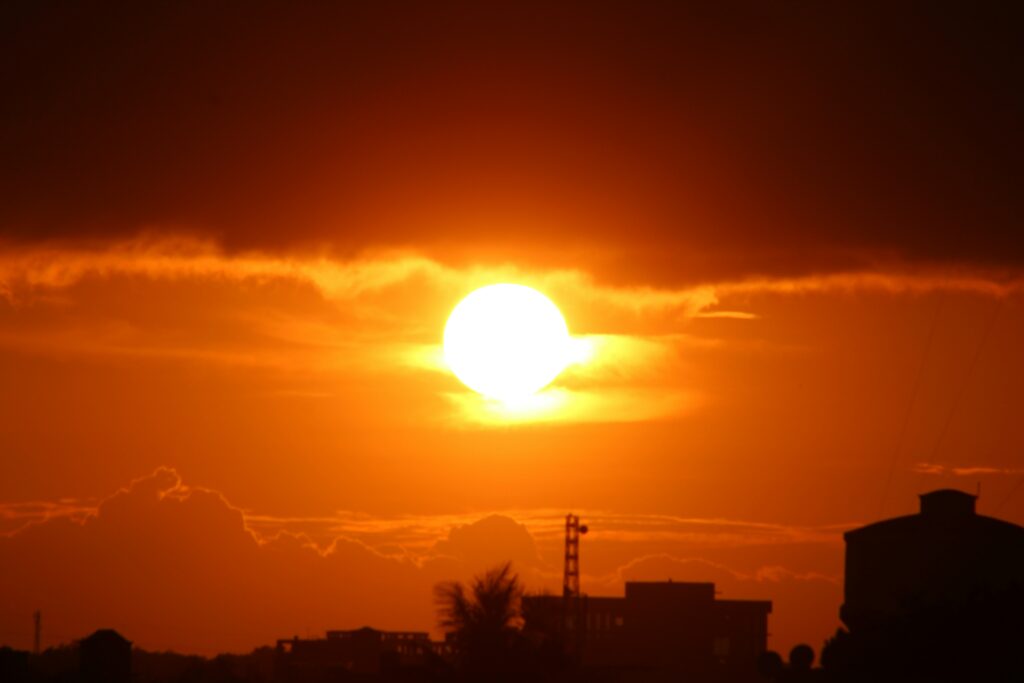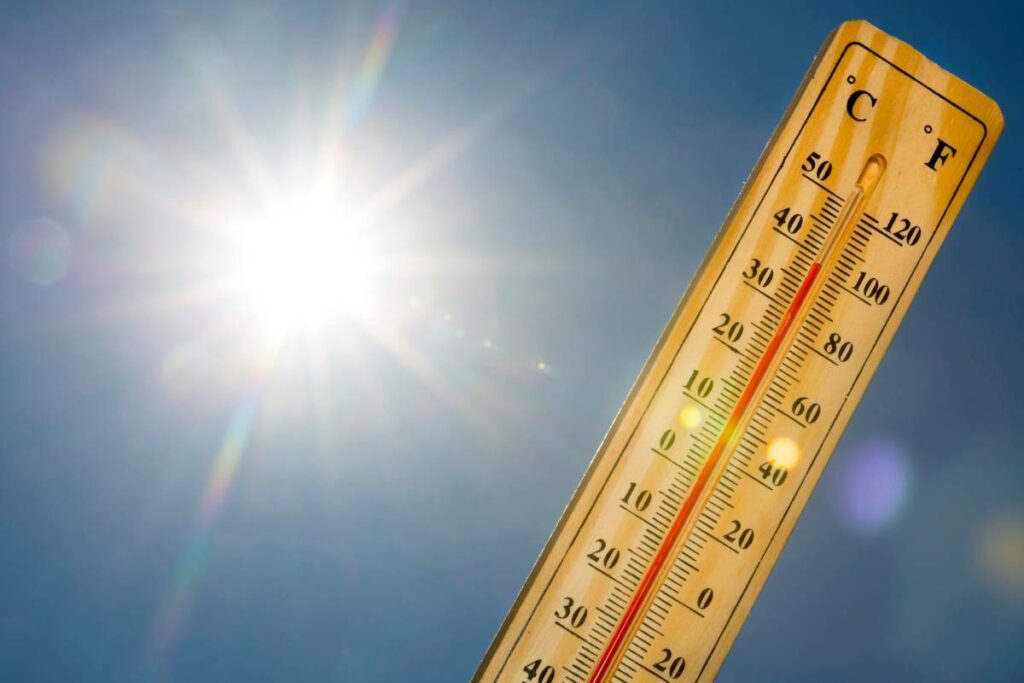A lot of people have trouble with the concept of a thing with “global” in the name being global. Let one city or region experience an unusually hot summer, which will always happen somewhere, or see more wildfires than usual, and they once again pounce and call it proof of global heating. For instance a wet July in London, England, with a hot spell in the middle. But to pre-empt the usual suspects’ declarations, Paul Homewood immediately noted that it was very much like July 1941, which saw a higher peak temperature and more rain. July 1951 was also wet and muggy though without any scorchers. But while July 1961 was generally cool, it saw highs of nearly 34C on the 1st. And so on.
The same is true of forest fires. One year it was Alberta. The next the Amazon. Then Australia. Then California. Then BC. But what nobody seems to want to explain is why, if global warming is to blame, everywhere isn’t having more and worse fires, instead of a general decline but with occasional bad years in particular places, the same pattern that has gone on since records began and, it stands to reason, since before fire was named “Ow ow hot thing”.
In a story about wildfires from BC to California stretching both American and Canadian firefighting resources, CTV along with other news outlets quoted a guy at Oregon State University that “Then there's the outlook for summers to come, and that outlook is even hotter and drier.” And if he’s right, it’s a trend. But so far it’s just a prediction. When’s the last time you saw a news story about a wildfire in the Amazon? Or Australia? As for California, Jim Steele offers a very interesting two-part look at how forest management and changing land-use patterns including invasive “cheatgrass” underlie whatever trends do exist.
Of course as fires menaced the ancient site of Olympia, the Prime Minister of Greece snarled “If there are even [a] few people who have reservations about whether climate change is real, I call on them to come here and see.” And U.S.-government-run Voice of America chimed in that “The ongoing fires in Greece come as the United Nations released a new climate report Monday that warned of worsening global warming in the coming years. ” So why wasn’t Greece on fire in 2017? Why won’t it be in 2022? (Why, indeed, were big fires there famous in the classical period, and why was 2007 a bad year for Greek wildfires, or 1985?)
Or take those German floods, once again touted as proof of man-made global heating weather maelstrom aaaaah-we’re-all-going-to-die. Well, it turns out (courtesy of Pierre Gosselin) that the wet July in Germany had actually gave the lie to earlier claims that climate change was causing Germany to suffer summer droughts. A classic case of the alarmists pouncing on whatever just happened, claiming they’d predicted it and calling it an inexorable trend.
In reality there’s been no trend in July precipitation in Germany since 1950… and not much in July temperature either, with the hottest such month in 70 years coming in 2006. (And BTW since someone challenged our list of historical floods as being primarily tidal-surge not inland rain-driven, we’d like to mention that there have been plenty of the latter as well.)
Which raises another awkward point. Because if people want to suggest a linear trend of rising temperature bringing worsening weather, be it wildfires or floods or droughts or hurricanes, and they generally seem to want to say it’s all of them, the starting point isn’t the alleged trend in extreme weather. It’s the alleged trend of rising temperature. And in fact there isn’t one.
As Paul Homewood reminds us, courtesy of the University of Alabama Huntsville’s authoritative Global Temperature Report, there were a couple of global temperature spikes in 2016 and 2020 because of El Niños, which are not climate events. But as the latest one subsides, it’s no warmer now than it was in 2000.
Of course logically then the fact that pretty careful tracking of fires, hurricanes etc. doesn’t show them increasing either could be taken as proof that warming does cause bad weather and we’re not getting more bad weather because it’s not warming. Or that the whole thing is a hallucination. Which gets our vote.
Correction: an earlier version of this post contained an inaccurate statement about the record high temperature in Canada, which was set in Lytton BC in June 2021.



Odd isn’t it? Those three decades mentioned in the first paragraph 1941, 1951 and 1961 nearly mimic the solar cycle of 11 years. Wonder whether the sun might have something to do with recurring temperatures on the earth? Odd coincidence isn’t it?
Hi ,
I would Just to make one comment about Drought and Floods for the antipodes ( that is Australia) we actually do have an comment is one of our National Songs written in the 1930's Line goes
"With Droughts and Flooding Rains we still call Australia Home". And NO Climate Change was not even envisioned then.
Just to put Australian Bushfires in percpective.
Cheers
Richard Vernay